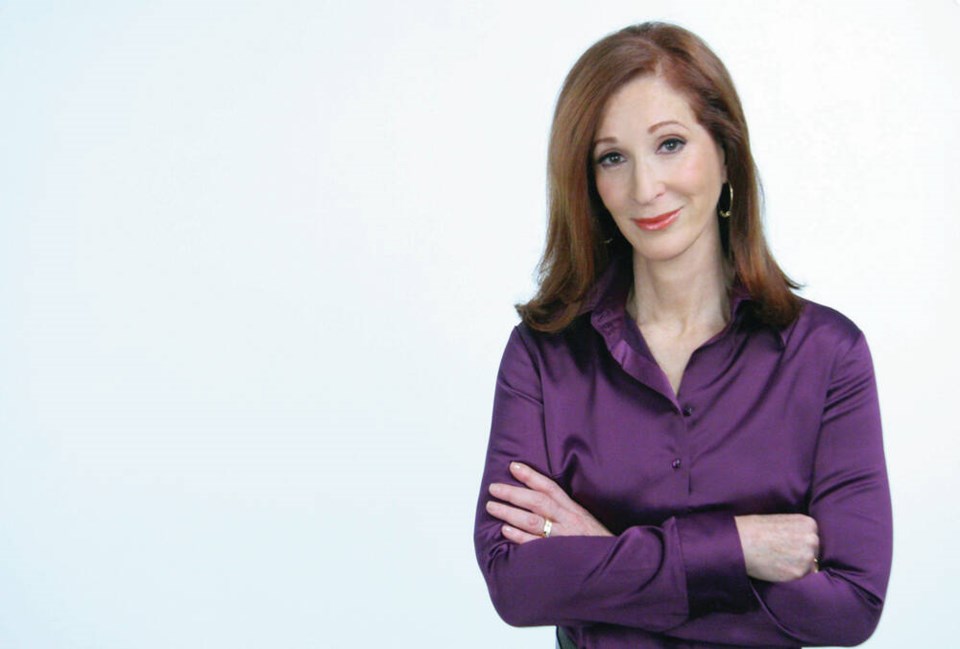Dear Ellie: I’ve been married for 10 years and have one child. I fell in love with my husband on our second date, at 22. He was 27 and already working in his chosen field.
I was so happy with our small apartment and my baby girl, but, as an only child with a working, divorced mother and absent father, I had little background in domestic life.
When my daughter was in nursery school, I went back to college and now have a good job. But the life I have with my husband has changed a lot.
He’s not very interested in my day’s events. He has a routine that’s set in stone: He arrives home, showers, pat’s our daughter on the head, eats dinner, asks our child a few questions, then watches TV or reads.
When he feels like going to sleep, he just gets up and leaves the room. Only occasionally, maybe once in three weeks (I kept track for a while), he’ll reach for me in the bed to have sex.
If I try to interest him in sex beforehand, he’s always “too tired.”
I don’t know what’s happened to us as a couple. I understand that these years with a youngster are taken up with her school needs, transporting her when school’s open, (or, during Covid, me working from home and also home-schooling), etc.
But I never expected that my married life would become so routine, dull, and distant. I feel like we’re depending on our delightful little girl for warmth.
Do I get a divorce and raise her without a father’s constant presence, like I experienced? My mother did that and I was very lonely as a child.
Or do I sacrifice my need for a partner’s love, for her sake?
Loveless Marriage
You’re discussing this with yourself, instead of with your husband. Only when you speak directly/openly to him can you start to know what to do.
You’re entitled to answers: Why is he so closed off when he’s with you? Can he understand that it leaves you lonely and hurt? Why doesn’t he desire sex more often or respond to your desire?
His answers may be surprising, hurtful, even shocking. But they’ll provide a baseline for discussion with a therapist. He may resist seeing a professional. Then go yourself. And if you gain insights, bring them home to him.
If nothing changes, see a lawyer before you tell your husband that divorce would be your next choice unless he agrees to attending marriage therapy together.
Dear Readers: At the time of writing this, I’m hoping that, though March may come in “like a lion,” it “goes out like a lamb” with warmer weather. So, you might ask, what’s the connection to a relationship column?
Actually, a great deal. My inbox of countless varieties of relationship issues, has contained a disturbing element for way too long: Anger and frustration.
As one reader put it, in response to the “entitled” boasting neighbour (Feb. 10), “I’ve been finding that there are a group of people who ‘just don’t get it’ and saying anything (to them with which they disagree) results in a flurry of vitriol.”
The pandemic has affected everyone, but certainly harder on those who are marginalized, unemployed, have inadequate housing, and feel disenfranchised for all sorts of social/economic/racialized reasons.
So, here’s hoping for us all to experience an increasing easing of COVID-19’s impact on our physical/mental health, and negative economic and political effects!
FEEDBACK regarding the Polyamory effect (Feb. 12):
Reader: “The partner said she couldn’t promise it wouldn’t happen again. That means it’s not a healthy polyamorous relationship. The key to polyamory is communication/respecting boundaries.
“You included the definition:’with the informed consent of all partners involved.’
“You told this person that they’re seeking a way to be jealous despite not giving their partner consent to engage sexually with another.
“Sounds like poor boundaries, and it seems his partner is manipulating him. Sleeping with someone who isn’t your primary partner without that person’s consent is cheating.
“Yes, people can still cheat within a polyamorous relationship. Call it outright: A lack of respect from one primary partner to the next.
“This man has every right to be jealous, angry, and upset, and he is writing that he doesn’t care, as a means of protecting himself, when in fact he was wronged and disrespected by his partner.”
Ellie’s tip of the day
Give a closed-off partner a reality check of options: counselling or divorce court.
Send relationship questions to [email protected].



